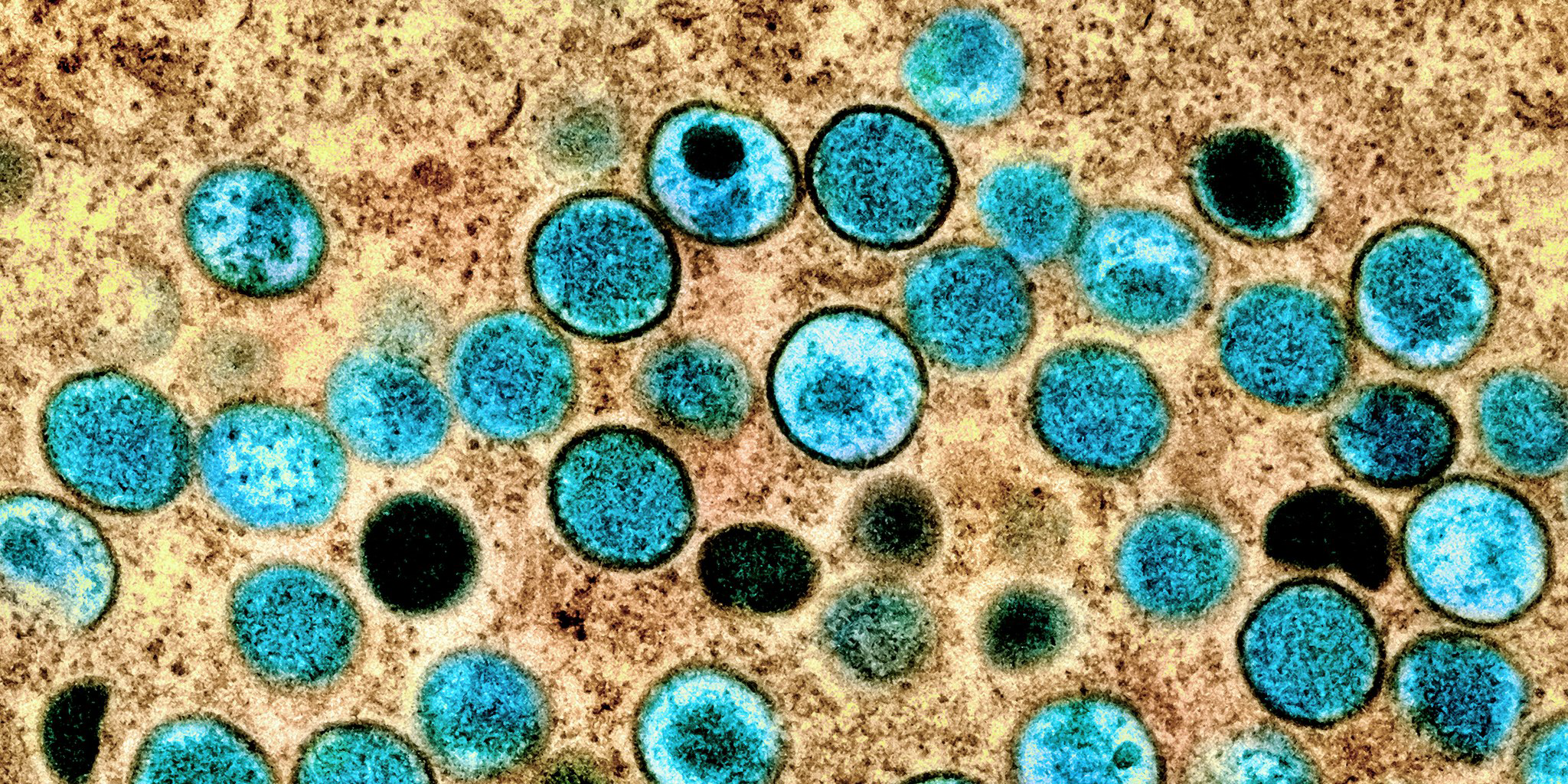As of 26 August, there are 3,389 confirmed and highly probable cases of monkeypox in the UK. 3,239 of these are in England. Although new cases continue to be identified in all regions of the country, the number of new cases continues to slow.
Out of 3,215 confirmed cases in England where gender information was available, 3,174 were men (99%) and 41 were women. 70% of cases are in London. The median age of cases in the UK is 36.
Available data shows that the virus continues to be transmitted primarily in interconnected sexual networks of gay, bisexual, or other men who have sex with men (GBMSM) and there is no robust evidence of sustained transmission outside these networks.
Some new cases which may be linked to travel continue to be identified.
UKHSA genomic surveillance indicates that all recent cases have fallen within Clade IIb.
As of 30 August 2022, a total of 38,079 administered doses of vaccine have been recorded, of which 33,918 doses have been administered as pre-exposure vaccination, primarily to GBMSM. A further 1,992 doses have been given to healthcare workers managing monkeypox cases and 2,169 doses have been given to close contacts of cases.
“It is encouraging that the number of new monkeypox cases in the UK continues to fall, however the outbreak in the UK and around the world is not over. Please remember to check yourself for symptoms such as rashes and blisters, particularly if you have had new sexual partners recently and before you have sex with new partners.
If you do have symptoms, please take a break from sex, and call 111 or a sexual health clinic. Symptoms can take up to 3 weeks to appear.
If you are eligible for a vaccine, please wait to be called forward by the NHS and you will receive one once supply is available in your area. We are working with the manufacturer to ensure delivery as quickly as possible.
Close contacts of those with monkeypox no longer need to isolate for three weeks. However, if you have been in close contact with someone with monkeypox, please take a break from close contact with others, including sex. This will help limit the chances of you passing on the virus if you do have it.
We are contact tracing to identify those who have monkeypox, and to provide this information to their close contacts, but your sexual partner may choose to let you know directly.”
Dr Meera Chand, Director of Clinical and Emerging Infections, UKHSA
UKHSA will continue to publish regular technical briefings as the response to the outbreak continues.
Source: UK Health Security Agency
Workplace Wellbeing Professional is an online magazine featuring news and analysis on a broad range of employee wellbeing topics, focused on a UK based audience.


